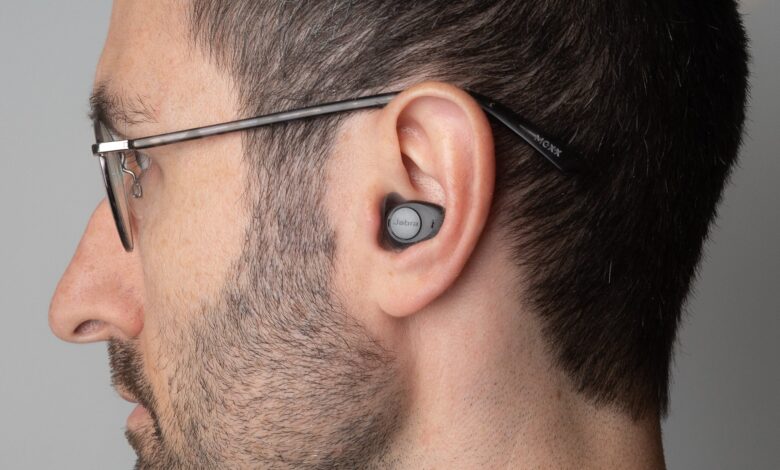Hearing Aids vs. Cochlear Implants: Which is Right for You?

Navigating the world of hearing technology can seem overwhelming, with myriad devices promising to enhance or restore your hearing capabilities. Two primary solutions frequently arise in the discussion: hearing aids and cochlear implants. How can you determine which one is the perfect fit for you? This article will illuminate the similarities, differences, benefits, and potential limitations of both devices to help you make an informed decision.
Understanding Hearing Aids: An Overview
Hearing aids are devices designed to amplify sound, enabling individuals with mild to severe hearing loss to perceive sounds more clearly. These devices function by capturing sound through a microphone, amplifying the sound, and transmitting it into the ear.
Pros of Hearing Aids
Hearing aids come in a range of styles and sizes, and their non-invasive nature makes them an attractive option for many. They can be easily adjusted to meet specific hearing needs and can significantly improve the quality of life for those with hearing loss. With advancements in technology, modern hearing aids are now equipped with features like background noise reduction, directional microphones, and even Bluetooth connectivity.
Cons of Hearing Aids
Despite their numerous advantages, hearing aids may not be suitable for everyone. They are less effective for individuals with profound hearing loss or those who lack functional hair cells in the inner ear. Furthermore, some users might find the maintenance (battery changes, cleaning, etc.) somewhat demanding.
Delving into Cochlear Implants: A Closer Look
Unlike hearing aids that amplify sound, cochlear implants directly stimulate the auditory nerve, bypassing damaged parts of the ear. They consist of an external part that captures sound and an internal part surgically implanted under the skin that transmits electrical signals to the auditory nerve.
Advantages of Cochlear Implants
Cochlear implants can be a game-changer for individuals with severe to profound sensorineural hearing loss, who might not benefit significantly from hearing aids. They can help users perceive speech and environmental sounds more accurately, even in noisy environments. Moreover, several users of cochlear implants can enjoy music, understand speech over the phone, and even hear without lip-reading.
Disadvantages of Cochlear Implants
On the flip side, cochlear implants require surgery, and as with any surgical procedure, come with associated risks. There’s also a significant commitment to post-implantation therapy and adjustment to the new mode of hearing. Lastly, even though cochlear implants can significantly improve sound perception, they don’t restore hearing to a completely normal level.
Making the Right Choice
The choice between hearing aids and cochlear implants depends on various factors, including the degree of hearing loss, lifestyle, personal preferences, and the recommendation of your healthcare provider. Consulting with audiologists, like those at the House of Hearing Clinic, will help you understand your hearing loss and guide you towards the most suitable solution for your specific needs.
The Future of Hearing Technology
As technology continues to evolve, we can anticipate further improvements in both hearing aids and cochlear implants. Better sound processing, clearer speech understanding, and even possible integration with AI technology are on the horizon. So regardless of which option suits your needs best, the future of hearing technology looks bright.
Final Thoughts
Whether you are leaning towards hearing aids or cochlear implants, remember, the primary goal is improving your quality of life through better hearing. Don’t hesitate to seek professional advice to ensure you’re making the right decision. Understanding is the first step towards a world of clearer sounds and more meaningful connections.



